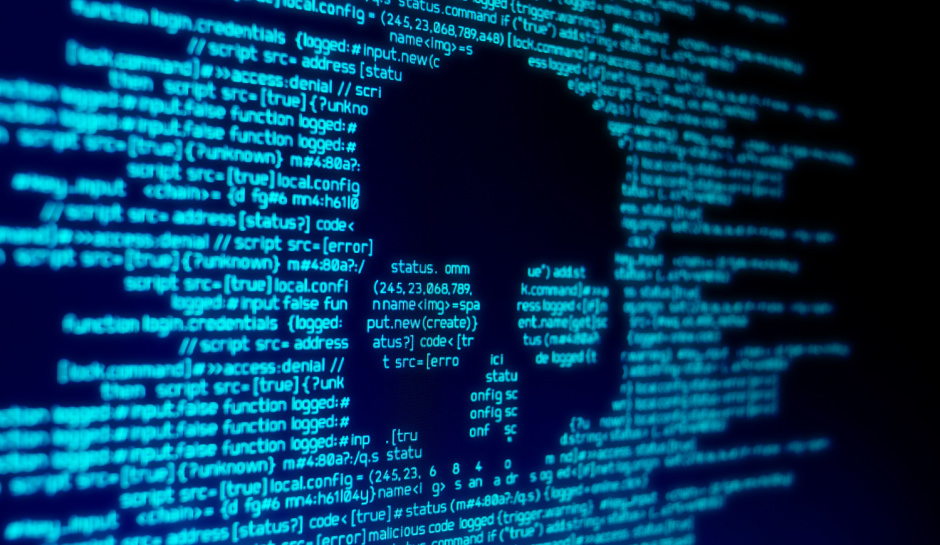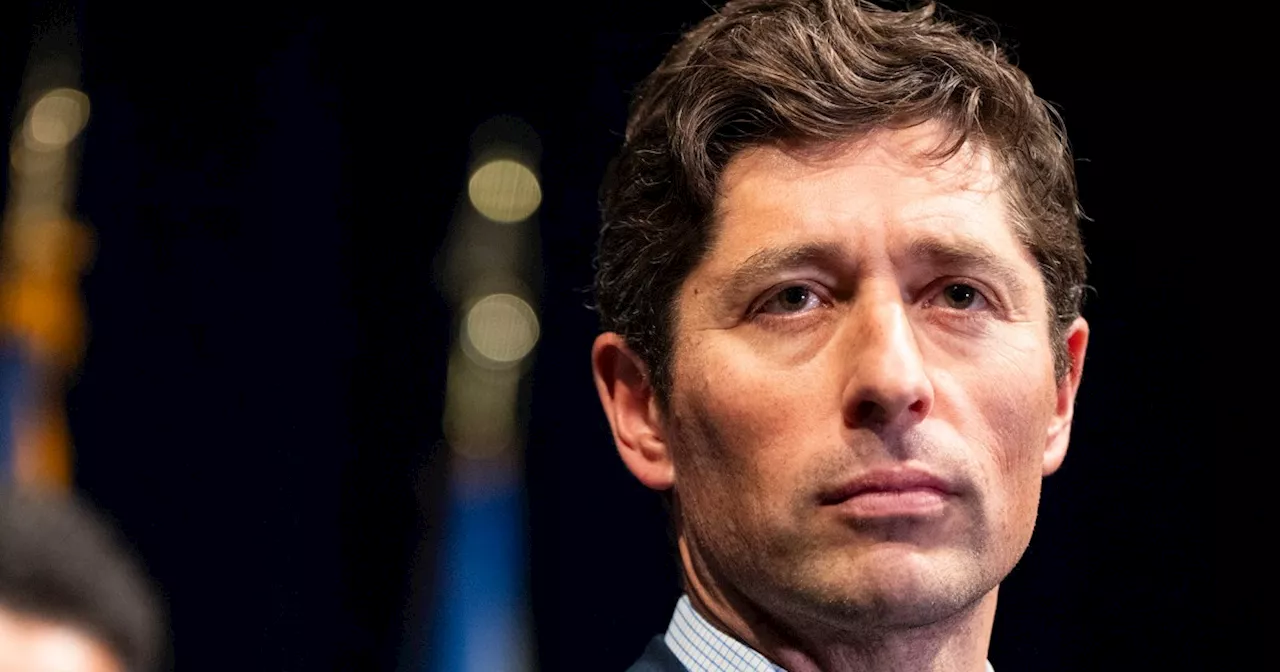
UPDATE: New reports confirm a startling rise in deepfake attacks targeting corporate executives. A recent survey from the Ponemon Institute reveals that incidents have surged from 43% in 2023 to 51% in 2025, highlighting a growing threat to business leaders.
This alarming trend underscores a critical vulnerability in today’s interconnected digital landscape, where the lines between personal and professional lives are increasingly blurred. With the rapid advancement of AI technology, executives find themselves at higher risk, as hackers exploit their significant digital footprints and often insecure home networks.
According to the Ponemon report, deepfake impersonation incidents have jumped to 41%, rising from 34% just two years prior. The report indicates that 28% of executives have been impersonated by trusted entities, while 21% reported receiving urgent demands for payment or sensitive information regarding security breaches.
The implications of these attacks are profound. Executives are not only facing potential financial losses but also severe reputational damage. The Ponemon survey reveals that 42% of respondents noted their organizations’ executives have been targeted an average of three times by deepfake attacks. Alarmingly, 66% believe that it is highly likely their leaders will experience similar threats in the future.
Experts emphasize that the increasing accessibility of AI tools has lowered the barrier for malicious actors to create convincing deepfakes. The Ponemon report indicates that half of the surveyed security professionals lack the necessary insight to detect such attacks, leaving executives exposed to these sophisticated threats.
The growing prevalence of deepfake attacks reflects a broader shift in the cybersecurity landscape. Business leaders are now prime targets, as hackers leverage personal devices and home networks to penetrate corporate defenses. As such, securing these environments is essential to mitigating risk.
To combat this escalating threat, organizations are urged to adopt a comprehensive approach to digital executive protection. This includes implementing robust email security protocols, establishing strong multi-factor authentication (MFA), and conducting continuous monitoring of home networks and personal devices.
In the aftermath of an attack, immediate actions such as initiating credit freezes, disputing fraudulent charges, and securing compromised accounts are crucial to preventing further damage. Experts recommend reducing digital footprints and educating executives and their families about online safety to enhance security.
The Ponemon report serves as a wake-up call for companies to prioritize the safety of their leaders. With deepfake attacks on the rise, organizations cannot afford to overlook the necessity of comprehensive digital executive protection.
As this situation develops, businesses must remain vigilant and proactive in safeguarding their executives and their families from the increasing threats posed by deepfakes and other cyberattacks. The time for action is now.







